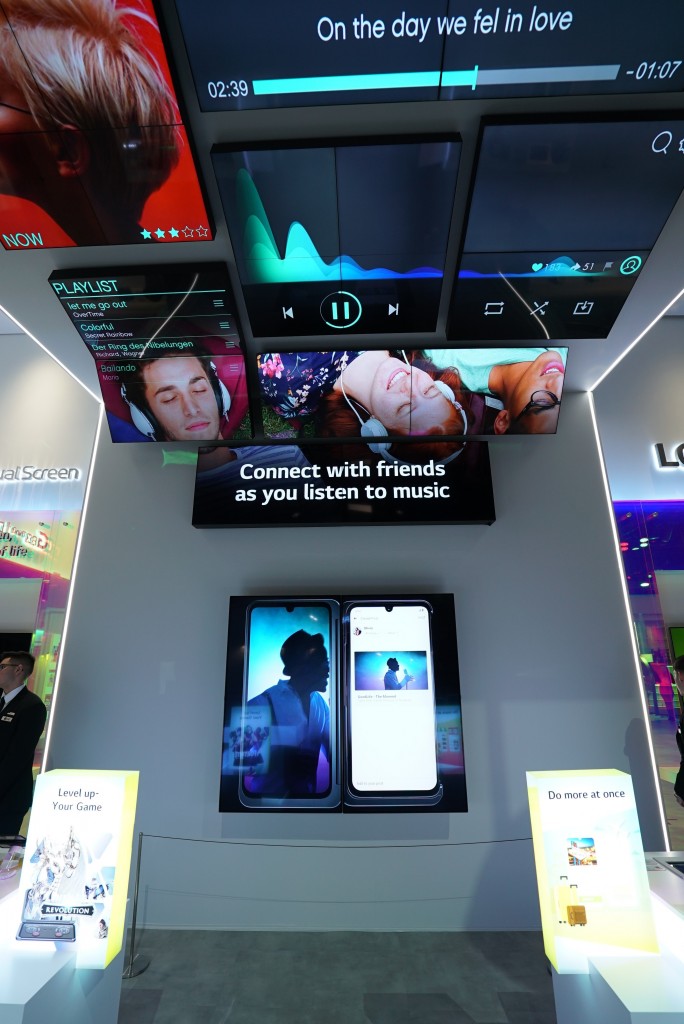Company will shift focus to “growth sectors including EVs, IoT and B2B”
South Korea’s LG Electronics is exiting the mobile phone market, planning to wind down its mobile phone business by July 31.
The company has been the number three player in the U.S. smartphone market, which is dominated by Apple and Samsung. According to Counterpoint Research, LG had about 9% of the U.S. smartphone market as of the fourth quarter of 2020. Apple had around 65% of the U.S. market and Samsung around 16%, according to Counterpoint, and those two were the only device OEMs to see positive growth during the fourth quarter of last year.
Roger Entner, founder and analyst at Recon Analytics, tweeted that with LG’s exit, “For all intents and purposes, we are on the way of a device duopoly in the US: Apple and Samsung.” On a global basis, Samsung Apple and Huawei are the top three smartphone OEMs, according to IDC; other Chinese vendors, including Oppo, Xiaomi and vivo, have also achieved greater market share than LG.
Reuters reported that LG has sustained around $4.5 billion in losses from its mobile phone unit over the past six years, and that efforts to sell the business had fallen through due to disagreements over terms. The mobile phone unit is LG’s smallest, accounting for about 7% of company revenues.
LG said that its decision to withdraw from the mobile phone market will allow it to “focus resources in growth areas such as electric vehicle components, connected devices, smart homes, robotics, artificial intelligence and business-to-business solutions, as well as platforms and services.” LG went on to say in its statement that it will “continue to leverage its mobile expertise and develop mobility-related technologies such as 6G to help further strengthen competitiveness in other business areas. Core technologies developed during the two decades of LG’s mobile business operations will also be retained and applied to existing and future products.”
While LG was beaten out by Apple and Samsung in the overall U.S. smartphone market, it had established a niche for itself in the domestic prepaid market. Analyst Jeff Moore, principal of Wave7 Research, tweeted that his company’s research had found that LG accounted for around 25% of Metro by T-Mobile devices and that its Stylo 6 was the top prepaid device as recently as last month.
Ken Hyers, director of Strategy Analytics’ emerging device strategies service, tweeted that the demise of LG’s mobile phone business was due to “poor marketing, weak distribution [and] pricing miscues.”
LG said that it would provide service support and software updates for its existing device customers for an unspecified period of time that will vary by region. It noted that while the mobile phone business will be shut down by July 31, that inventory of some models might still be available beyond that date.

